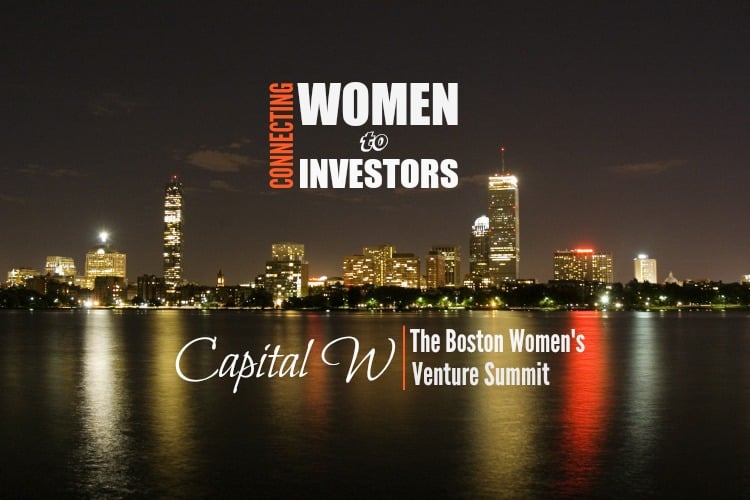 Investor and businesswoman Sheryl Marshall started working with women-owned businesses and women venture funding in 1999 after spending years working in financial services where she fielded tons of calls from women looking for capital. She recalls, “Back then, only 2% of venture funding went to women-owned businesses, and most of that 2% went to iVillage.”
Investor and businesswoman Sheryl Marshall started working with women-owned businesses and women venture funding in 1999 after spending years working in financial services where she fielded tons of calls from women looking for capital. She recalls, “Back then, only 2% of venture funding went to women-owned businesses, and most of that 2% went to iVillage.”
This lack of funding for women entrepreneurs is a problem that still exists today. “It’s still so hard for women to get venture capital funding,” says Sheryl. “Despite the fact that women are going to VCs with Ivy League degrees, they’re still not getting meetings!” Check out this infographic for more statistics related to women entrepreneurs and venture capital. The numbers are extremely disappointing.
It was this problem that motivated Sheryl to reach out to Babson College about launching the Boston Women’s Venture Summit—Capital W with a goal to connect women to investors. Babson College has a progressive entrepreneurship program and a strong focus on women in business, so it’s not surprising that they jumped on board right away.
Capital W is scheduled for April 7, 2015 in Boston, Massachusetts. It will feature a number of speakers and panels, pitch coaching session with VCs, and a pitch competition that any woman-owned or woman-led company can enter. Four women entrepreneurs will be selected from the submitted pitches to present their businesses to a panel of VC judges at Capital W. You can enter the pitch competition here.
If Capital W is successful in Boston, Sheryl hopes to take the event across the country. There is no doubt that we need more events like this one which help women entrepreneurs get the education and feedback they need so they can find the right funding opportunities. As Sheryl explains, “If you don’t get the right VC, it can make life awful.”
Here are five more key insights from Sheryl about finding the right investors:
1. Quantify
Determine how much money you need but balance that amount with how much of your business you’re willing to give up. You should ask for the most money you need to get your business to the next stage with the least amount of control handed to the VC.
2. Document
Write your business plan and show the who, what, why, where, and how—particularly, how you’re going to make money. Be specific and say how much money you need as well as how you’re going to use it.
3. Research
Consider your two-degrees of separation to find VCs to pitch. For example, look at the people involved in a VC you’ve identified as a good match for your business and then look to see if you know anyone who knows those people. Go one or two connections deep. LinkedIn can be a great source for this type of research.
4. Search
Look for VCs that are actually successful (not just VCs with fancy websites but mediocre results) and have funded businesses in your space.
5. Approach
Only approach VCs after you hone your speaking skills so you perform well in VC meetings. If you’re not a good speaker, get a coach and start practicing.
Most importantly, Sheryl urges women entrepreneurs to be persistent in their search for funding. “Don’t take all the rejection personally,” she warns. “It’s very important to keep going because you’re always one step to the next money, but don’t neglect the business because you’re seeking capital!”




